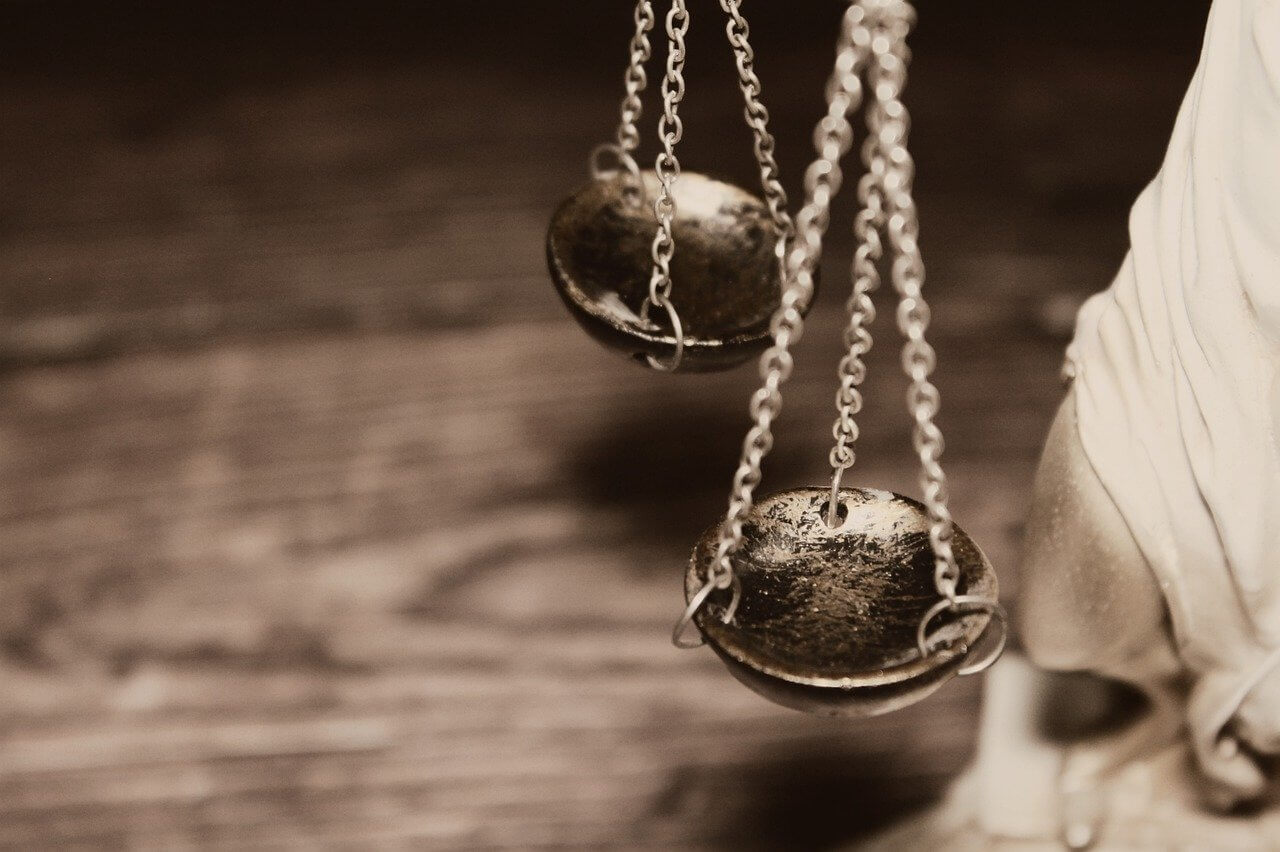How does arbitration work?
Before an Application is filed, the parties must agree to submit the matter to binding arbitration (which means that all parties are legally bound to the Arbitrator’s decision) with Wings of Justice or be required to arbitrate a dispute with Wings of Justice based on the terms and conditions of an agreement between the parties. The Applicant starts the process by submitting an Application that has their reasons for why the other party(s) owes them money. The Respondent(s) then submits a Response to Wings of Justice explaining why they don’t owe the Applicant any money. The Respondent’s Response may also include a claim for money against the Applicant, which is referred to as a counterclaim.
When the parties submit the Application and Response(s), they will have the opportunity to submit any evidence (proof) which supports their position. The claim is then assigned to an Arbitrator. Where permitted by ARS rules, the parties can request a telephonic hearing.
How much does it cost?
The Fee Schedule lists the fees that must be paid before a matter is referred to an Arbitrator. The fees are usually less than it would be to file and pursue a lawsuit. There are no fees other than those listed in the Fee Schedule.
What is evidence/proof?
Evidence is things or people that you can use to prove your claim or to show that the other party’s position is wrong. The type of evidence can vary depending on the nature of the dispute. Here are some examples:
Nature of Dispute:
Business and Individual Matters or Disputes Between Businesses: For claims that arise out of contracts, the evidence must include a copy of the agreement in addition to witness statements, photographs, written documents showing the basis for the amount of money being sought in the Application or Counterclaim. If a hearing is requested, the parties may testify as well as any individuals with personal knowledge of the events involving the claim(s).
What if a part does not honor (pay) as required by the decision?
Wings of Justice rules provide that if a party fails to pay as required by a decision (also known as an award) then the party who was not paid must notify Wings of Justice as noted in the rules. Once the non-paying party is prompted for payment by Wings of Justice and still fails to pay the award, the award may be converted to a judgment and then enforced. In that situation, the award against the non-paying party will be increased, as provided in Wings of Justice rules, to cover the expenses incurred by the party who was not paid in converting the award to a judgment.
What happens in a telephone hearing?
After introductions are made, the Arbitrator (who will have already reviewed the file containing each party’s side of the matter) will start by giving their initial thoughts as to what they believe to be the facts. If they have any questions about the facts, they will ask questions of one or all of the parties so that they can understand the facts more clearly. Then the Applicant and Respondent(s) will have the chance to explain why each believes the Arbitrator’s view of the facts is correct or not. After the parties are finished, the Arbitrator will give the parties the chance, if they want to, to discuss the dispute between themselves for a few minutes to see if they can settle the claim. If they can’t, the Arbitrator will then end the hearing. Within sixty (60) days the Arbitrator will render a decision and the parties notified.
How do I upload evidence?
Before you can upload evidence, you must copy it onto your computer. For devices like mobile phones, camcorders, MP3 players, etc., refer to the instructions that came with the device on how to copy the media files onto your computer.
What if my evidence is on paper, and I do not have a scanner?
To upload paper documents, you can put the document in sunlight and take a photo of it with a good camera so that it is easily readable, then upload that photo.
Is this site secure?
Yes. This site uses the industry standard SSL encryption from goDaddy, so that nobody may observe any details or evidence without being authorized.

